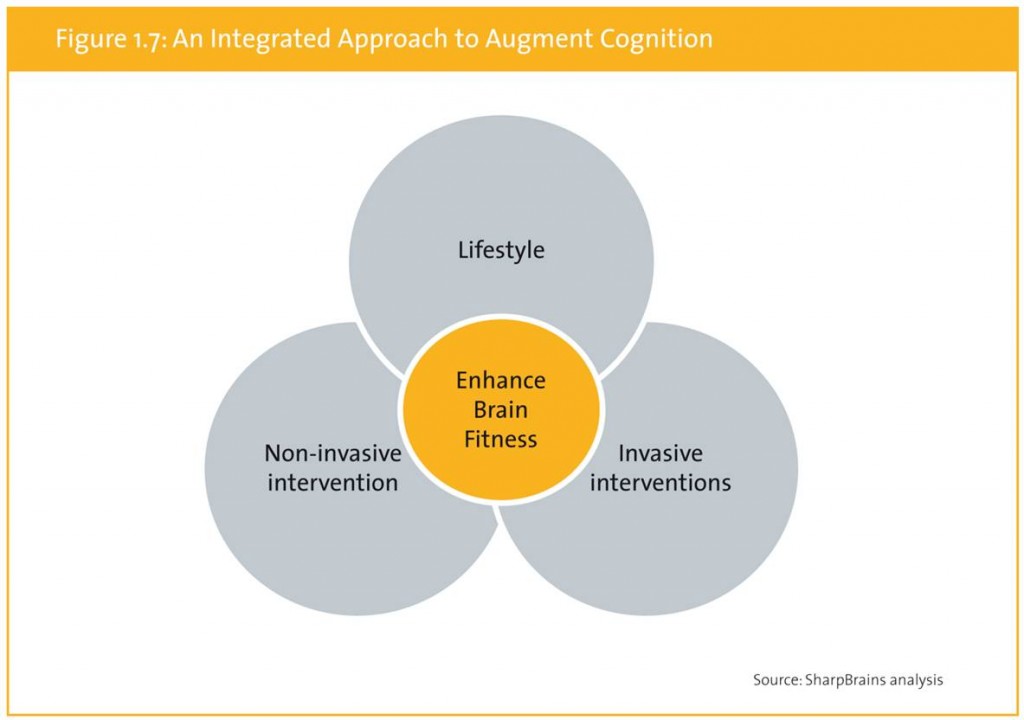Posts Tagged ‘information-processing’
New book encourages readers to embrace uncertainty in order to improve decision-making, mental health, and more
Life is uncertain. We never know what will happen, and many things are unknowable. This can make us feel stressed or worried, since the unknown is associated with danger. But as journalist Maggie Jackson argues in her new book, Uncertain: The Wisdom and Wonder of Being Unsure, there are many benefits to allowing ourselves to…
Read MoreWhy, to improve memory, we need to think of the brain as a system
(Editor’s Note: every month we host an online Q&A with participants in the e‑course How To Be Your Own Brain Fitness Coach. This is the lightly edited and anonymized transcript from the January Q&A session; the February Q&A will take place on Tuesday, February 12th) 2:02 OK, ready to go! Happy 2013 again. You can start…
Read MoreProtect Your Asset by Being Your Own Brain Fitness Coach
Last week I had the good fortune of spending four days in Nuevo Vallarta, Mexico, with over 300 amazing individuals from 40+ countries who had been named Young Global Leaders by the World Economic Forum. The summit agenda was insightful and inspiring, conversations with other participants always proved to be eye-opening and stimulating, and the…
Read MoreTranscript: Alvaro Fernandez on Brain Health and Non-invasive Cognitive Enhancement
Below you can find the full transcript of our engaging Q&A session yesterday on lifelong cognitive fitness, “mental capitalism”, and more, with Alvaro Fernandez, co-author of The SharpBrains Guide to Brain Fitness, moderated by Harry Moody, Director of Academic Affairs at AARP.
Read MoreBrain Fitness: Definition, Priorities, and Links to Neuroleadership and Human Capital
Yesterday we had a fun session on Brain Fitness during the Neuroleadership Summit taking place now in San Francisco, exploring opportunities to enhance performance and health of leaders and workforces by deploying both old tools (like breathing and meditation) and new ones (such as biofeedback and database-driven personalized brain training solutions). Here are a couple…
Read MoreIntelliGym cognitive simulation for Ice Hockey players
Very interesting new market development: The Marker, Israel — Oct 28, 2008, SharpBrains, In other words, Applied Cognitive Engineering (ACE) and USA Hockey have partnered to bring to market a cognitive simulation game to improve the performance of ice hockey players — similar to what ACE has been offering to professional and amateur basketball players.…
Read More




